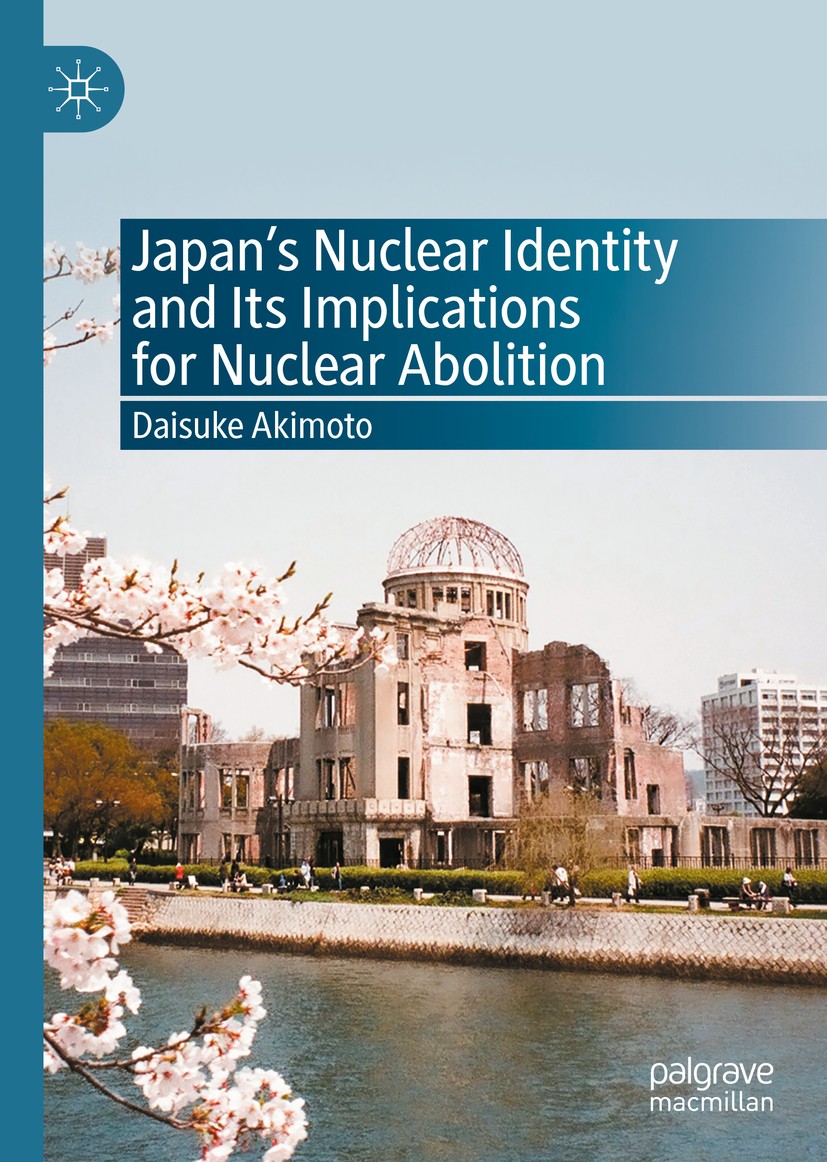| 书目名称 | Japan’s Nuclear Identity and Its Implications for Nuclear Abolition |
| 编辑 | Daisuke Akimoto |
| 视频video | http://file.papertrans.cn/501/500647/500647.mp4 |
| 概述 | Explores Japan‘s nuclear policies in an age of rising tensions.Unpacks how Japan‘s ‘post-nuclear identity‘ shapes policymaking and self-perception.Foregrounds debates about changes to the Japanese con |
| 图书封面 |  |
| 描述 | This book examines Japan’s nuclear identity and its implications for abolition of nuclear weapons. By applying analytical eclecticism in combination with international relations theory, this book categorizes Japan’s nuclear identity as a ‘nuclear-bombed state’ (classical liberalism), ‘nuclear disarmament state’ (neoliberalism), ‘nuclear-threatened state’ (classical realism), and a ‘nuclear umbrella state’ (neorealism). This research investigates whether the bombings of Hiroshima and Nagasaki were ‘genocide’ or not, to what degree Japan has contributed to nuclear disarmament, how Japan has been threatened by ballistic missiles and nuclear weapons of North Korea, and how Japan’s security policy has been embedded with the nuclear strategy of the United States. It also sheds light on theoretical factors that Japan does not support the Treaty on Prohibition of Nuclear Weapons (TPNW). Finally, this book considers the future of Japan’s nuclear identity and attempts to explore alternatives for Japan’s nuclear disarmament diplomacy toward a world without nuclear weapons.. |
| 出版日期 | Book 2020 |
| 关键词 | Japanese Constitution; East Asian Balance of Powers; Nuclear Policy in Asia; Postwar Asian Consensus; Ri |
| 版次 | 1 |
| doi | https://doi.org/10.1007/978-981-15-3544-4 |
| isbn_softcover | 978-981-15-3546-8 |
| isbn_ebook | 978-981-15-3544-4 |
| copyright | The Editor(s) (if applicable) and The Author(s), under exclusive license to Springer Nature Singapor |
 |Archiver|手机版|小黑屋|
派博传思国际
( 京公网安备110108008328)
GMT+8, 2026-1-19 12:21
|Archiver|手机版|小黑屋|
派博传思国际
( 京公网安备110108008328)
GMT+8, 2026-1-19 12:21


